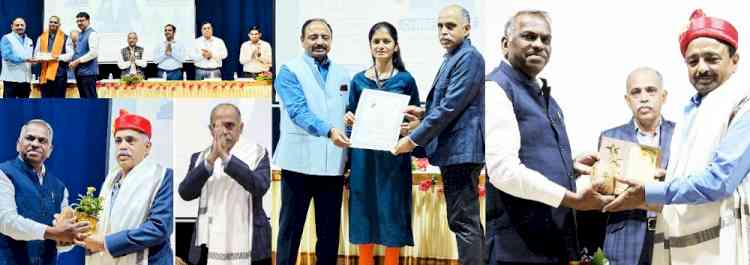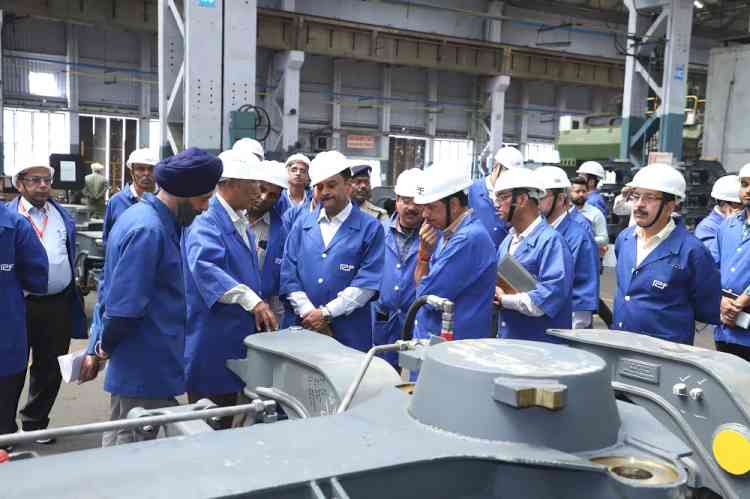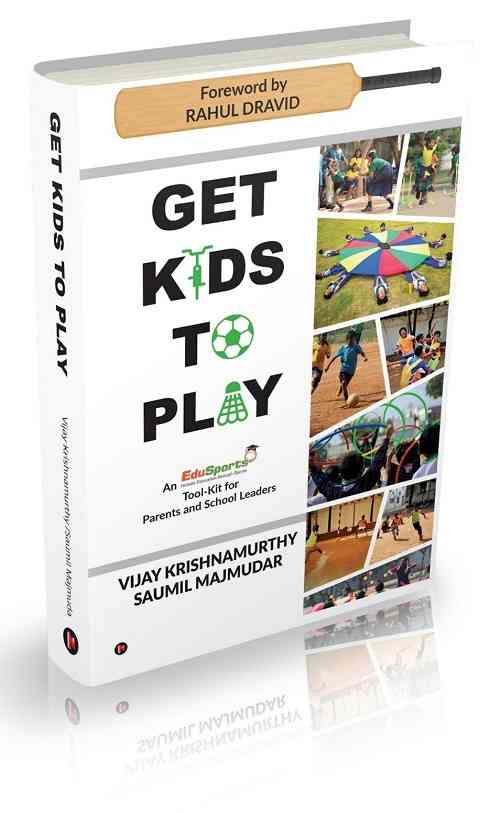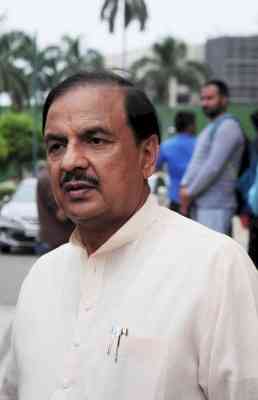SANKALP and STRIVE to boost Skill India Mission
Author(s): City Air NewsCollectively SANKALP and STRIVE is Rs 6655 Crore centrally sponsored project New Delhi, October 16, 2017: Recently approved by Cabinet Committee on Economic Affairs chaired by the Hon’ble Prime Minister...

The need for a national architecture for promoting convergence, ensuring effective governance & regulation of skill training and catalysing industry efforts in vocational training space has been long felt. Aiming at the objective, Ministry of Skill Development and Entrepreneurship had already introduced several initiatives to ensure quality in skill training like accreditation through SMART portal, Centralised Assessment and Certification system, ISO certification of the ITIs, transition to online testing in some States etc. The introduction of these projects like SANKALP & STRIVE will catapult these reforms across the country up to the District level.
SANKALP shall address this need by setting up national bodies for accreditation & certification. The bodies shall regulate assessment & certification in both long and short term vocational education and training (VET). The architecture shall help, for the first time in the history of vocational education in India, to converge the efforts of various Central, State and private sector institutions thereby avoiding duplication of activities and brining about uniformity in vocational training thus, creating better impact.
Both the projects are aimed at institutional reforms and improving quality & market relevance of skill development training programs in long and short- term VET. STRIVE aims to modernise 500+ ITIs through outcomes and reform linked funding. Rating as per grading framework- a benchmark for comparison among the various ITIs, would be the eligibility criteria for selection of ITIs. STRIVE will also support 100+ select private ITIs to scale to world class standards. STRIVE also focuses on institutional capacity building for apprenticeship training through encouraging about 100 Industry Chambers / Clusters to facilitate its member SMEs, to engage in Apprenticeship Training.
The projects shall operationalise the National Skill Development Mission, 2015 and set in motions its sub missions. Over 700 industry led institutions are being set up for providing job oriented skill training to lakhs of aspirants. Private ITIs that have potential to offer courses in hi-tech emerging areas would be offered soft loan through the nationalized banks. 66+ India International skilling institutions are being set up to focus upon skill training as per global standards for overseas placements. Over 30,000 aspirants shall be trained in IISCs over next 6 years and get certificates from International Awarding bodies (IABs). Incentivizing ITI ecosystem in States to improve industry connect is also envisaged by ushering in reforms such as on-line examination, centralised admission, reduced instructor’s vacancy, improving efficiency and transparency in the system.
SANKALP envisages setting up of Trainers and Assessors academies with self-sustainable models. Over 50 such academies are to be set up in priority sectors. DGT, MSDE has already made significant progress in this direction by strengthening Advanced Training Institutes (ATIs) and setting up Institutes for training of trainers (IToT) in public and private sector, offering training in over 35 trades. Trainer academies shall also be set up on the basis of identified sectoral and geographical gaps.
The projects will also work towards increasing the aspirational value of skill development programs by increasing the marketability of skills, through competitions like India Skills/World Skills. Greater decentralization in skill planning by allowing states to come up with District and state level skill development plans and design skill training interventions to suit the local needs are efforts to provide skill training opportunities to the underprivileged and marginalised section of the society.

 cityairnews
cityairnews 
















